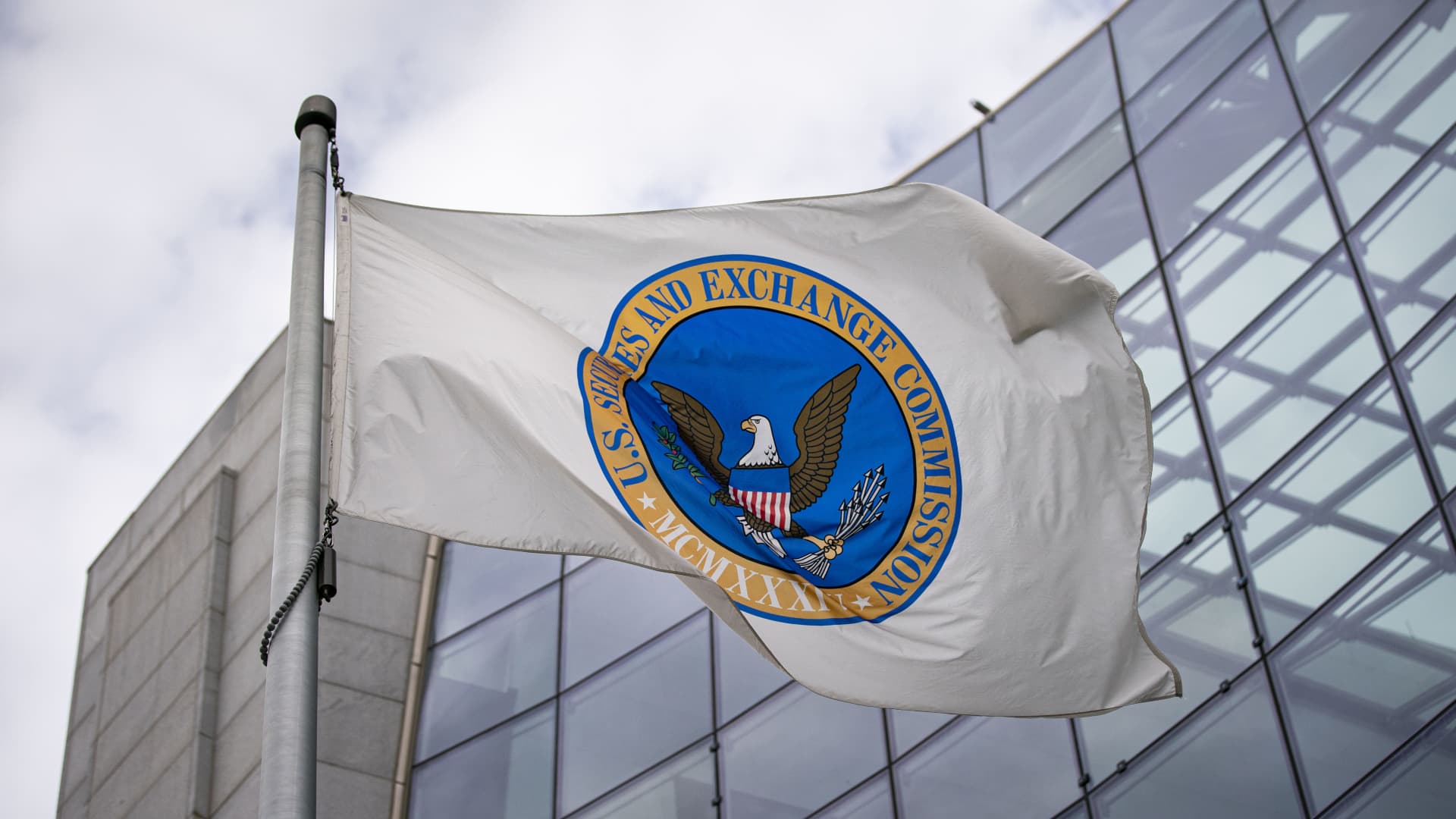The U.S. Securities and Exchange Commission (SEC) has officially rescinded Staff Accounting Bulletin (SAB) 121, a controversial rule that required financial firms holding cryptocurrency for customers to classify those assets as liabilities on their balance sheets. The move, announced in a new bulletin on Jan. 23, has been celebrated by industry leaders and lawmakers as a step toward reducing regulatory hurdles for crypto adoption.
Background on SAB 121 and Crypto Enforcement
Introduced in March 2022, SAB 121 aimed to address the risks associated with holding digital assets by mandating that financial institutions classify customer-held crypto as liabilities. The rule also required firms to disclose specific risks associated with these holdings. While the SEC justified this measure as a necessary step to ensure transparency and protect consumers, it faced significant backlash from the crypto industry and lawmakers alike.
Critics argued that SAB 121 created unnecessary administrative burdens for banks and financial institutions, deterring them from offering crypto custody services. Representative Wiley Nickel pointed out that the rule could force American banks to forgo custody of crypto exchange-traded products (ETPs) at scale, potentially concentrating risk among non-bank entities. Similarly, Senator Cynthia Lummis labeled the rule “disastrous” for the banking industry and a hindrance to American innovation in digital assets.
The Decision to Rescind SAB 121
The SEC’s new bulletin overturning SAB 121 represents a significant policy shift under the leadership of SEC Commissioner Hester Peirce, a known advocate for crypto innovation. Peirce, who leads the agency’s crypto task force, expressed relief at the rule’s rescission, stating in a Jan. 23 X post, “Bye, bye SAB 121! It’s not been fun.”
This decision marks a notable departure from the more stringent regulatory approach championed by SEC Chair Gary Gensler, whose tenure has been characterized by heightened enforcement actions against the crypto industry. Gensler’s stance has drawn criticism for what many perceive as regulatory overreach, with some stakeholders arguing that such measures stifle growth in the nascent digital asset space.
Bipartisan Pushback Against SAB 121
The repeal of SAB 121 follows bipartisan efforts in Congress to overturn the rule. House Financial Services Committee Chair French Hill applauded the SEC’s decision, emphasizing that the rule was “misguided” and inconsistent with standard financial practices. “Holding reserves against the assets held in custody is NOT standard financial services practice,” Hill remarked.
Senator Lummis echoed this sentiment, celebrating the rule’s repeal as a victory for the banking and crypto industries. “I am THRILLED to see it repealed and get the SEC back on track to fulfilling its intended mission,” she stated.
Despite these efforts, a bill to repeal SAB 121 initially faced challenges. While it garnered bipartisan support in both the House and Senate, it was ultimately vetoed by former President Joe Biden in June 2023. The House’s subsequent attempt to override the veto fell 60 votes short.
Implications for the Crypto Industry
The cancellation of SAB 121 is expected to ease operational and regulatory challenges for financial firms looking to provide crypto custody services. By removing the requirement to classify customer-held crypto as liabilities, the decision could pave the way for broader institutional adoption of digital assets.
Chris J. Terry, chief architect at Bitseeker Consulting, highlighted the significance of this development: “This change will encourage more banks and financial institutions to enter the crypto space, enhancing competition and reducing concentration risks.”
The move also aligns with broader efforts to create a more favorable regulatory environment for digital assets in the United States. Industry leaders have long argued that clear and balanced regulations are critical to fostering innovation and maintaining the country’s competitive edge in the global crypto market.
Looking Ahead
As the SEC takes steps to recalibrate its approach to crypto regulation, the focus now shifts to the broader implications of this policy shift. The rescission of SAB 121 may signal a willingness to engage more constructively with the crypto industry, potentially paving the way for further regulatory reforms.
For now, stakeholders remain cautiously optimistic. While challenges persist, the repeal of SAB 121 marks a significant milestone in the ongoing effort to integrate digital assets into the traditional financial ecosystem. With regulators, lawmakers, and industry leaders working toward a common goal, the future of crypto in the United States looks increasingly promising.

